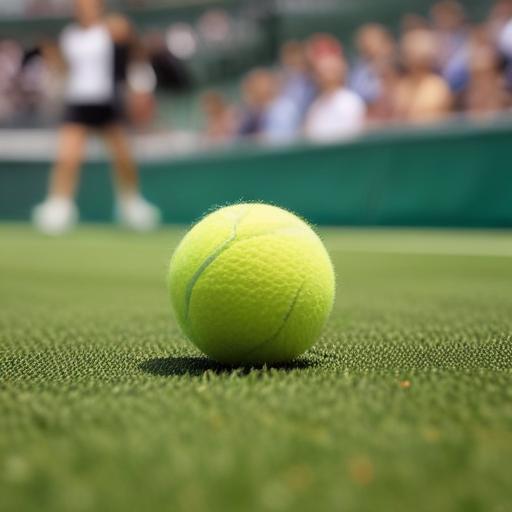Leandro Riedi grinds his way into the US Open Round of 16, a testament to perseverance that he shares with fellow Swiss Jérôme Kym
Leandro Riedi delivered a standout performance at the US Open, marching into the tournament’s last 16 and proving once again how far hard work and resilience can take a player. He shares the moment with compatriot Jérôme Kym, who is also enjoying a breakthrough run at this Grand Slam.
It wasn’t easy. In the third round, Swiss fans watched as Kamil Majchrzak departed the court with a pained expression after a 29-minute match, while a visibly exhausted Riedi advanced to the fourth round. The moment wasn’t about a pristine win; it was about grinding through the challenges to reach the round of 16, a position Riedi earned through grit rather than spectacular theatrics.
If anyone can feel for Riedi’s mental state, it’s him. Nearly a year ago, knee trouble forced him to retire in qualifying at the US Open, a moment that could have derailed a rising career. Then a junior finalist at the French Open in 2020 (lost to Dominic Stricker), he stood at a career crossroads, far from the top 100 and outside the top 400 in the world. Since then, he has fought back through a string of injuries and a demanding rehabilitation, and this year he finally crossed the threshold of grand-slam-level consistency.
Riedi’s physical conditioning has become a priority. After advancing through the qualification rounds, a smile returned to his face when asked about his fitness, saying that while he could not play tennis for a long stretch, he used the time to strengthen his body. In the second round, he overturned a 0-2 deficit against Francisco Cerundolo, who was seeded 19th, showing not only technical skill but the stubborn spirit that defines his season. The third-round test against Majchrzak wasn’t perfect, and both players appeared far from at their peak after demanding recent schedules. Yet Riedi’s resolve stood out: “Now you have to bite through it,” he admitted, and the moment he did so paid off as Majchrzak retired with a rib injury while trailing in the third set.
The moment felt doubly sweet because Riedi isn’t alone on this roller-coaster ride. Jérôme Kym, a year younger and also plagued by injuries in recent years, is riding a parallel wave of resilience. The two Swiss players are even sharing a hotel in Manhattan, a simple detail that underscored their shared path from setback to breakthrough. Riedi noted in a post-match reflection that Wimbledon had offered a harder path to the main draw, and this time he could finally push past it with a partner in Kym who understands the grind.
Looking ahead, the challenge rises sharply. Riedi’s next opponent is Alex de Minaur, the world No. 8, a formidable obstacle that underscores how far he has come and how far he still needs to go. Riedi acknowledged the difficulty, including the toll that recent matches have taken on his left leg, but he is determined to be out there. “I’ll definitely be on the court,” he said. “It’s a Grand Slam; you’d have to take me to hospital to make me stop.”
The prize money for this run is already significant for the Swiss player, with the US Open continuing to reward perseverance with substantial checks. Riedi’s progress in New York echoes a broader narrative of Swiss tennis renaissance, where players who weather injuries and long rehabilitation periods are beginning to reclaim their position on the world stage.
In a tournament marked by tough draws and a high injury toll—four of the six third-round matches ended in retirements—Riedi’s victory comes as a refreshing reminder that resilience can still tilt the odds. He may face a tougher test against de Minaur, but the Swiss story at this US Open is clear: grit, recovery, and belief can yield a breakthrough when it matters most.
Brief take: Leandro Riedi’s US Open run is a powerful testament to bouncing back from serious injuries, backing up years of hard work, and sharing a moment of Swiss resilience with Jérôme Kym. It’s a hopeful sign for both players and the wider Swiss tennis landscape as they push toward the later rounds.
